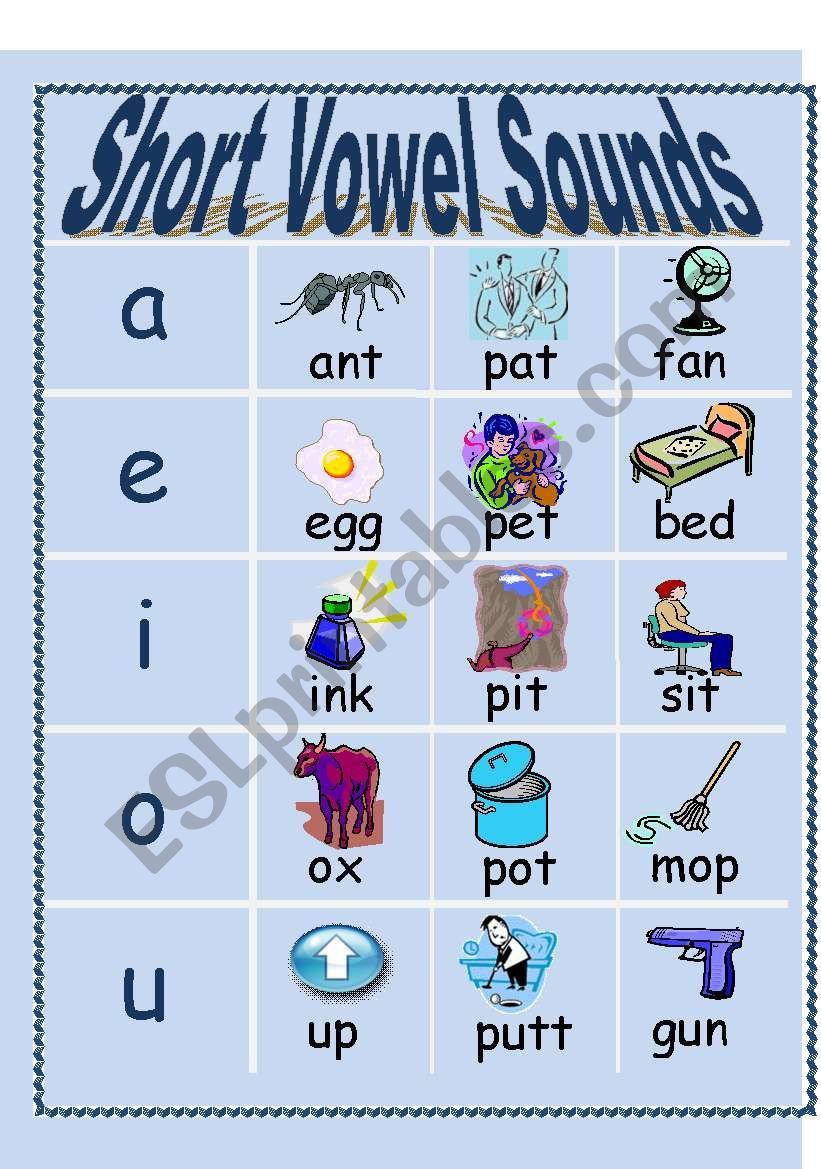
Some are words that emulate sounds made with the mouth, others are scientific terms, and others are words used regularly in everyday language. Some have y, but a few have no vowel-type letters at all. Several six-letter words in English are spelled without vowel letters.
She nymphly traipsed around the forest in your moccasins. Because it is an adverb, this particular word does not have a plural counterpart, but it would still bring quite a few points on a friendly game of Scrabble. 
Again, there is only one word that falls into this category. The next longest word in English that does not use vowels has seven letters, as long as you are not counting plurals.
The mother was hoping for a twyndyllyngs pregnancy but had to wait until her ultrasound to find out. In addition, it contains the letter y, which sometimes makes a vowel sound, but technically is not a vowel by most linguists, so it counts. Though it is rarely used and is of Welsh origins, it is in the Oxford English Dictionary, so it counts. Add an s to make it plural, and you have a twelve-letter word. The longest word in the English language with no vowels is eleven letters long if you exclude plurals. Here is a closer look at these 20 words you can make without using vowels. Keeping these in your back pocket will make you a more successful game player, and they may help you sound more intelligent when you talk to others, too. So what is the longest word without vowels in the English language? The longest words are Twndyllyng While most English words have the vowels a, e, i, o, and u in them, some do not. Some of them do not follow traditional English spelling and pronunciation. English has so many words that are not spelled traditionally because of how the language developed.Įnglish is a melting pot of different languages, and many words come directly from other languages or are derivatives of words from other tongues which do not have the same rules about vowel usage. Yet, as with most spelling and grammar rules in English, some words are spelled without the traditional vowels. In fact, without vowel sounds, it would be nearly impossible to say any English words. This is because vowels are necessary to break up the harder consonant sounds in spoken English. 

Most words in the English language have vowels in them.







 0 kommentar(er)
0 kommentar(er)
